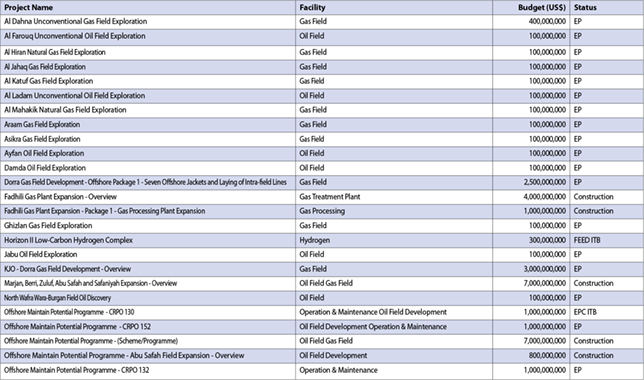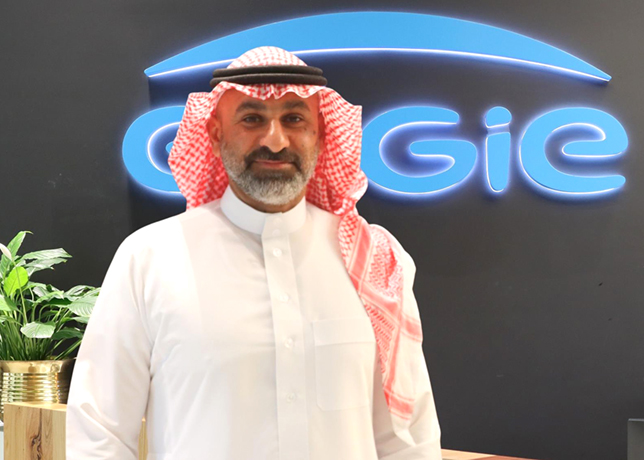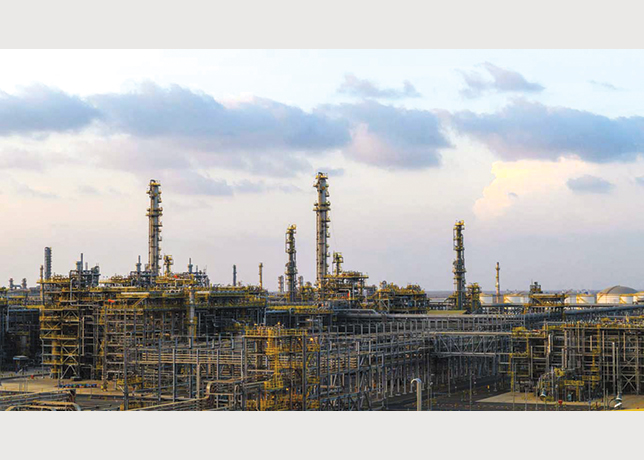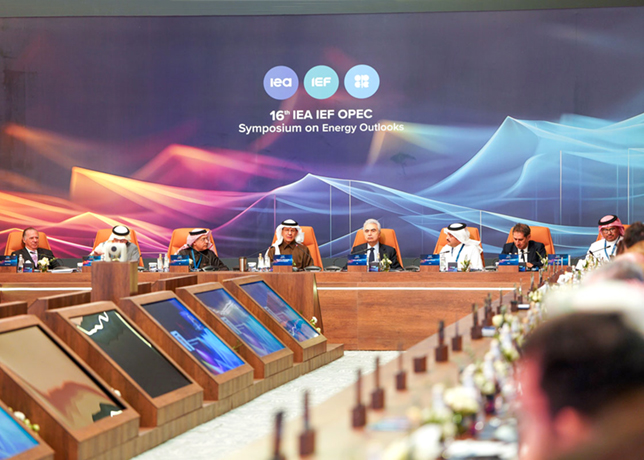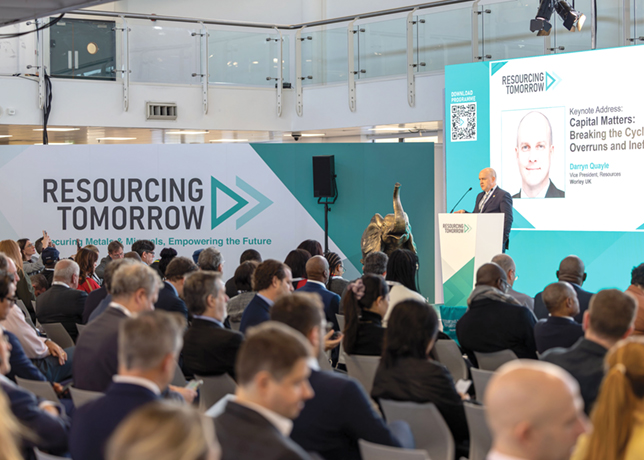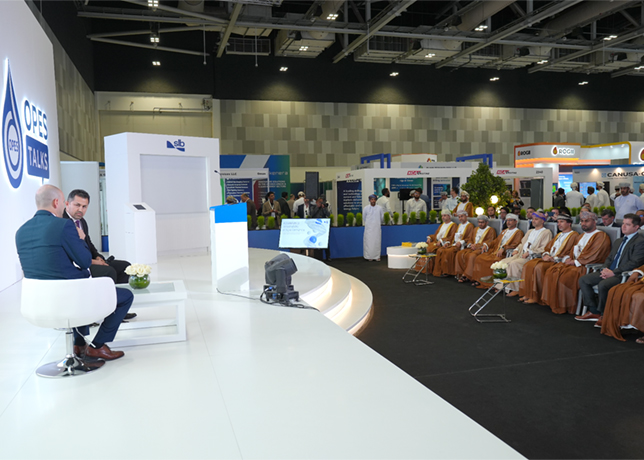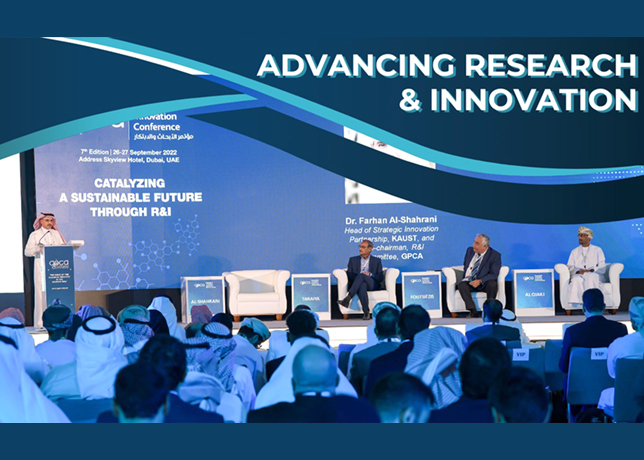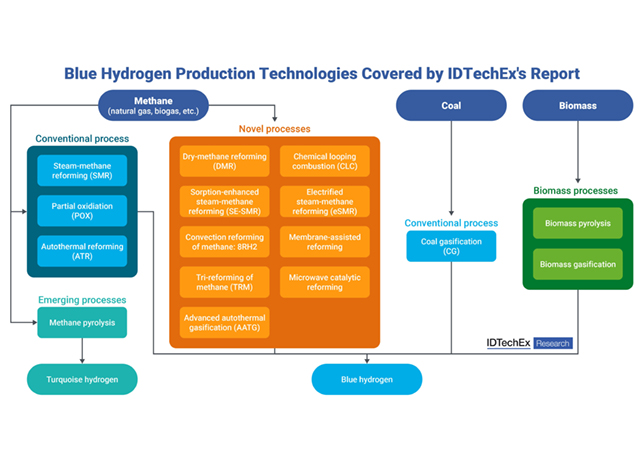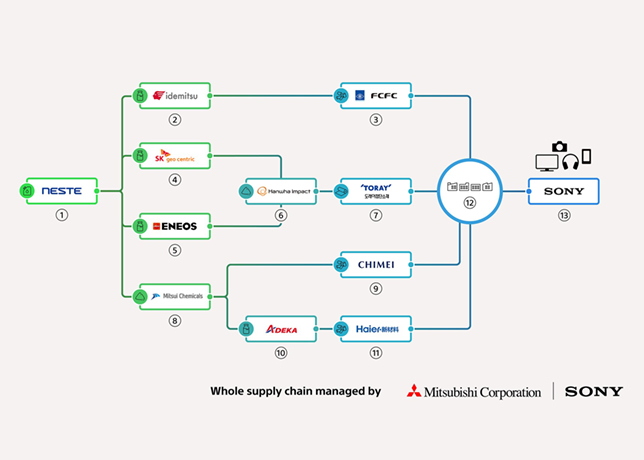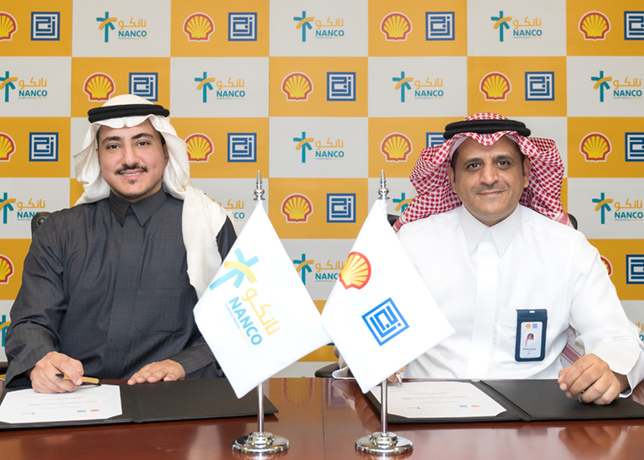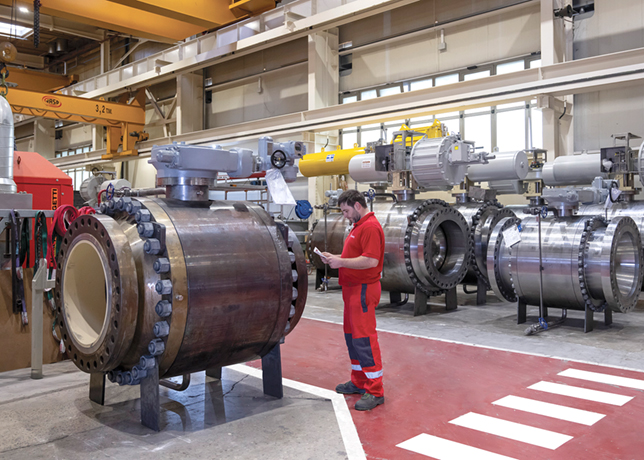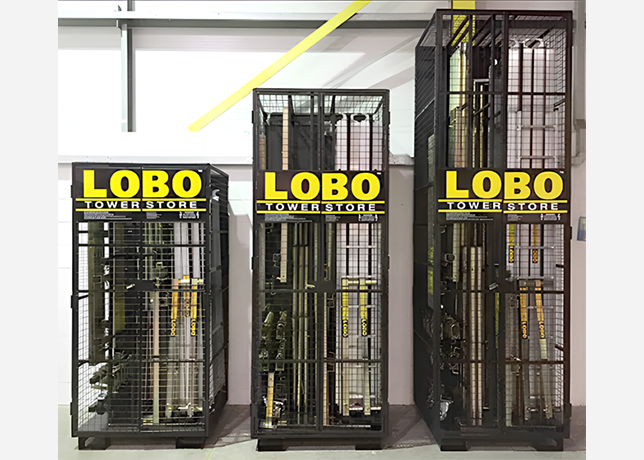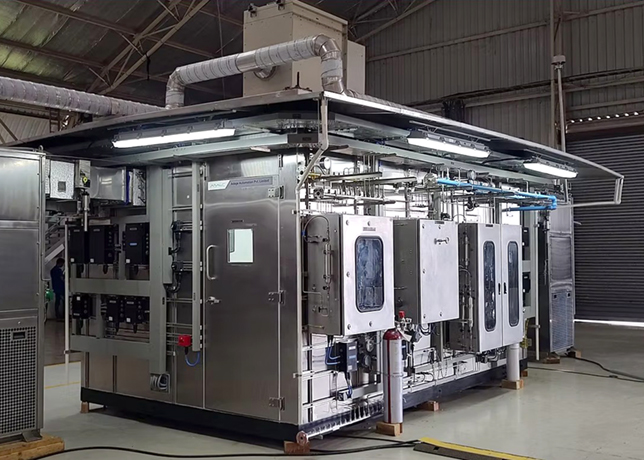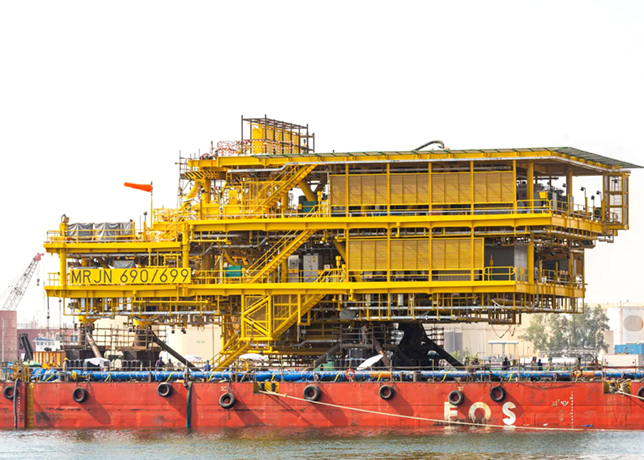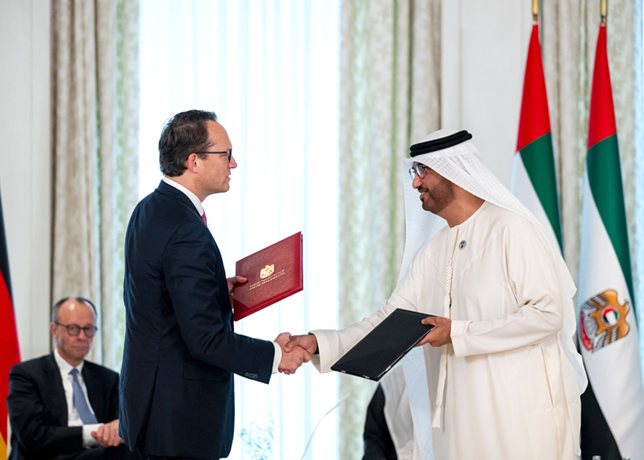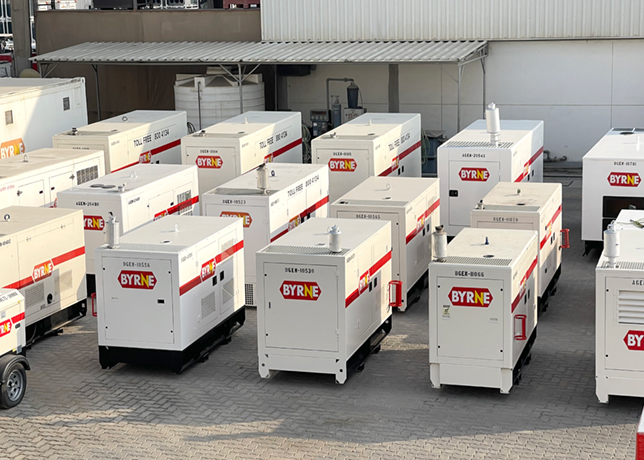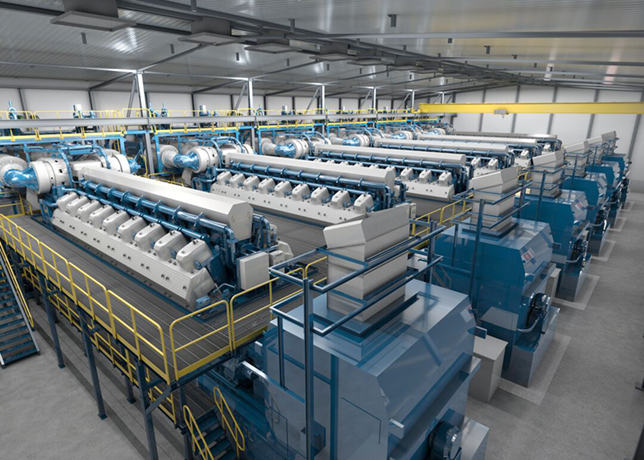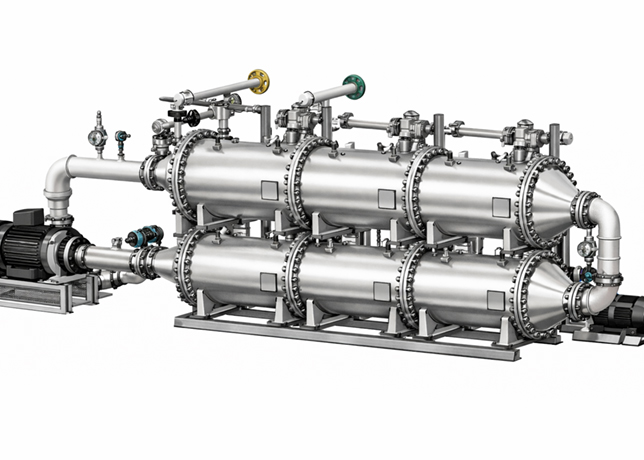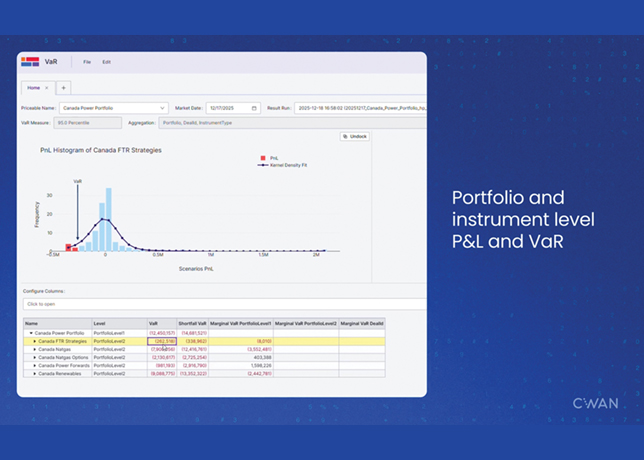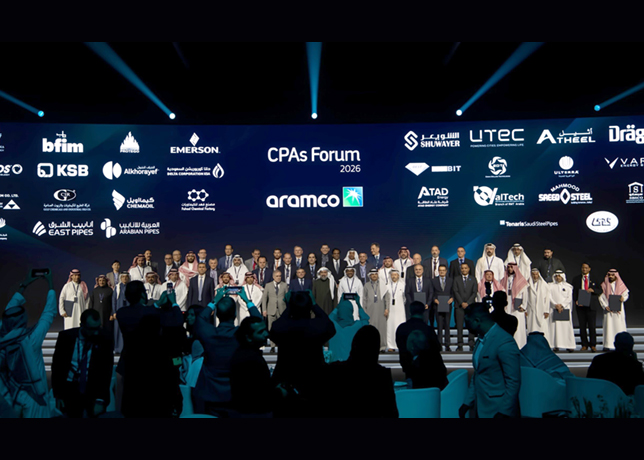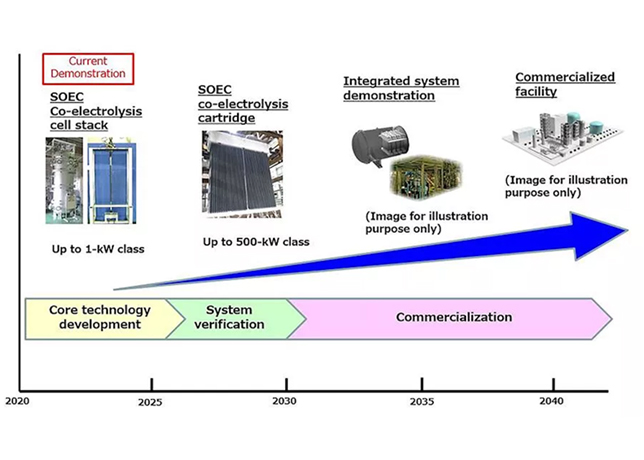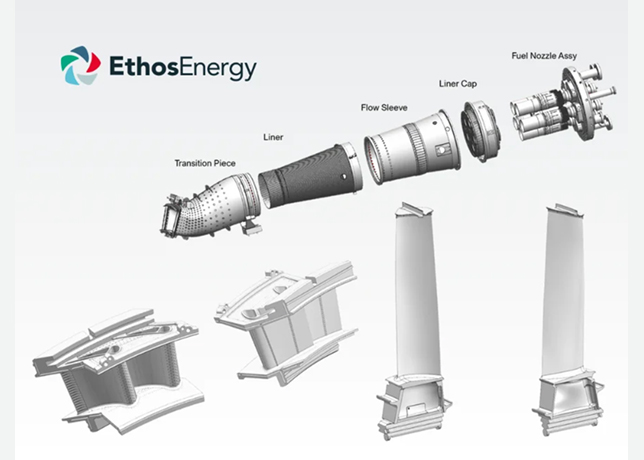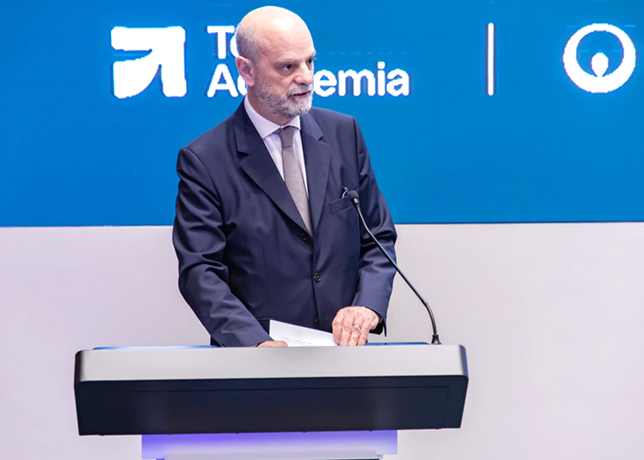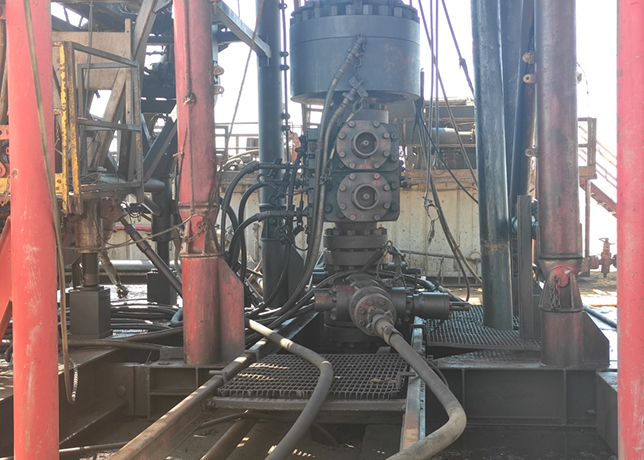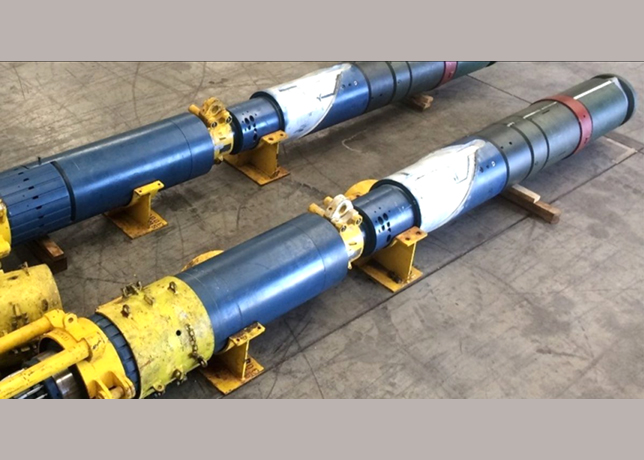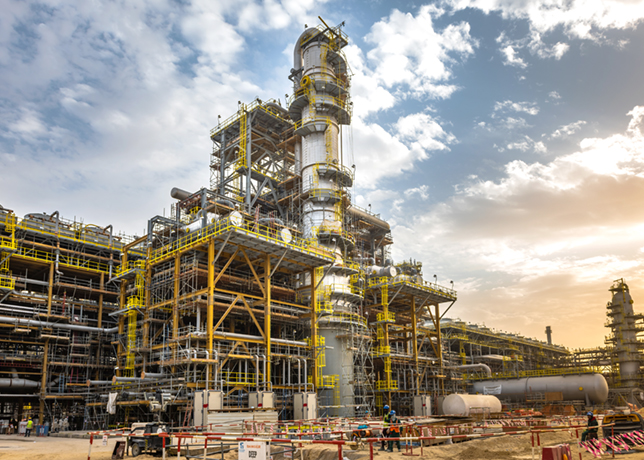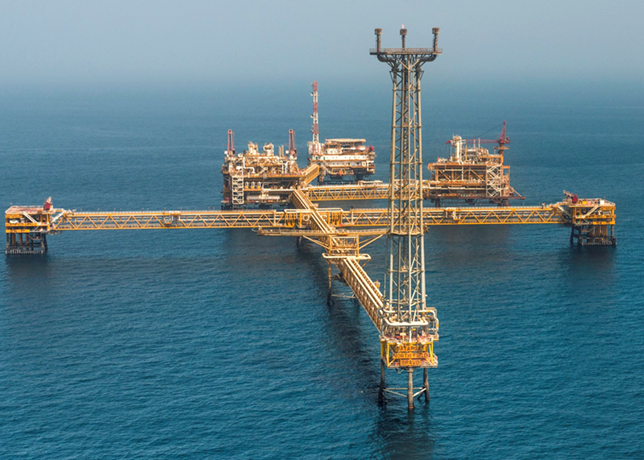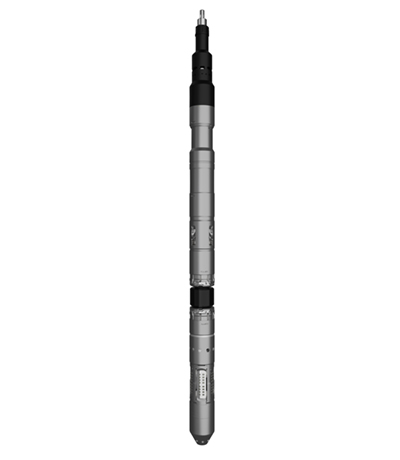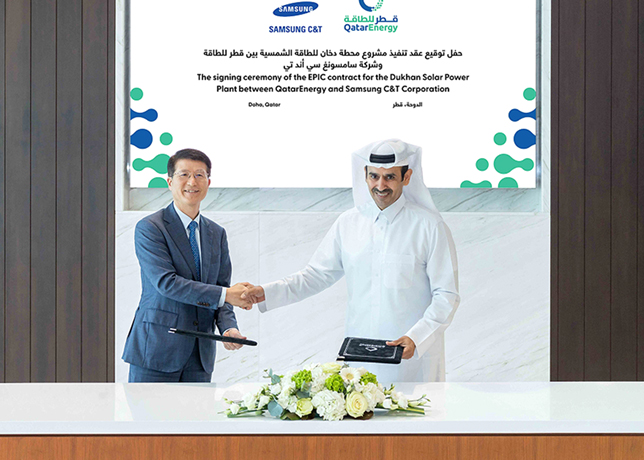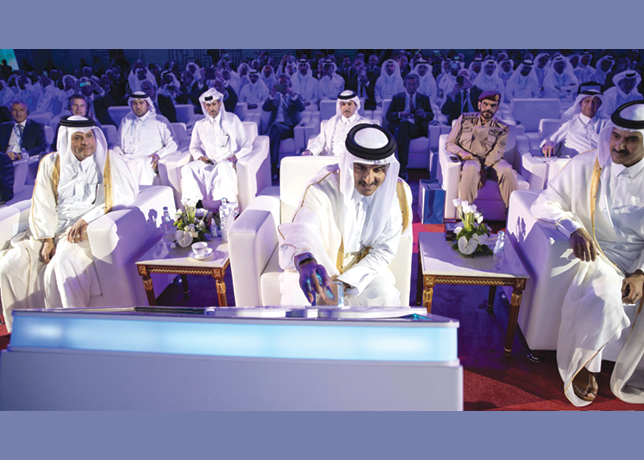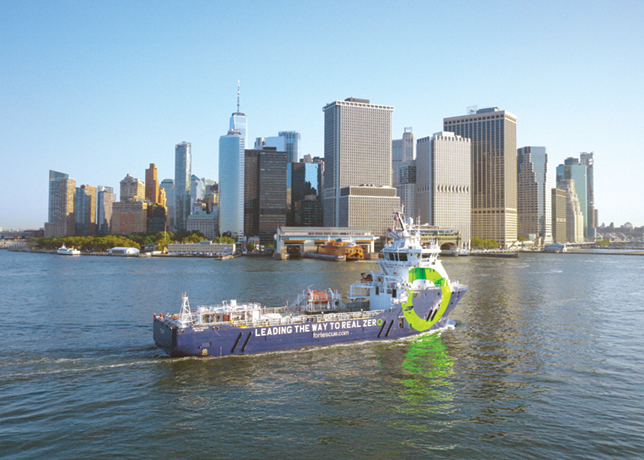
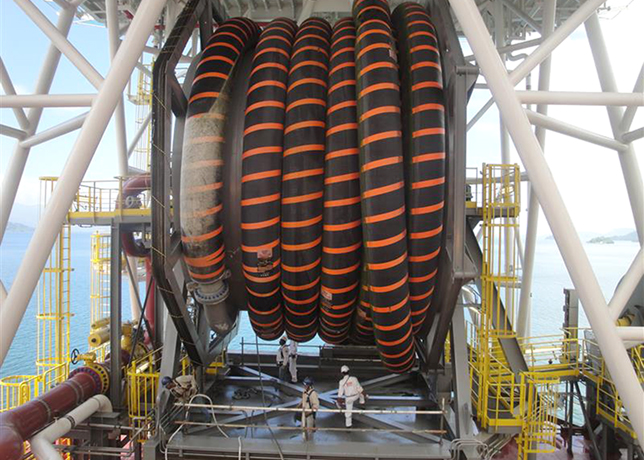 A Reeline hose on an FPSO vessel
A Reeline hose on an FPSO vessel
FPSOs owners and operators can unlock significant operational and commercial advantages by reviewing traditional approaches to marine hose applications, Jonathan Petit tells OGN
Energy value chains are under pressure to simultaneously produce greater outputs and reduce expenditure.
As costs rise, there is growing pressure on the long-term financial viability of new projects at the initial financial investment decision (FID) stage, as well as ensuring profitability throughout floating production storage and offloading (FPSO) unit lifecycles.
"Solving this challenge requires a new way of thinking," Jonathan Petit, Product Group Director, Trelleborg Fluid Handling Solutions, tells OGN energy magazine.
Adopting a ‘lifecycle mindset’ challenges the assumption that lower upfront costs equal better value. Instead, reviewing the full lifecycle of a project and identifying where costs can be saved over time can improve financial performance.
It can also offer additional advantages in terms of safety, efficiency and environmental performance.
Implementing a value-driven operational strategy needs to be delivered by the right equipment. These solutions are integral to a crucial element of FPSO operations: FPSO reeling hoses.
INSIGHTS INTO AN OVERLOOKED ASSET
 |
Jonathan Petit |
FPSO reeling hoses are a vital part of operations, but their importance can be underestimated within broader operational contexts.
To address this, Trelleborg collaborated with some of the leading members of the oil and gas industry, particularly within the FPSO value chain.
This included national and international oil companies to develop a research report that identified key trends impacting FPSO reeling hose selection, along with learnings and next steps to leverage this critical aspect of FPSO operations.
Insights from substantive interviews found several legacy issues that are preventing the widespread uptake of proven reeling hose technologies.
DEMAND FOR A PROVEN TRACK RECORD
The industry discussions revealed that buyers prioritise track records for reeling hoses. This is logical as marine hoses serve as the fulcrum for ensuring safe, reliable and more sustainable FPSO operations.
However, there is concern for some in the industry that the sector is too "set in its ways" and, as a result, the broader benefits presented by FPSO reeling hoses can be overlooked for the sake of perceived short-term benefits.
This is compounded by a reluctance to part with products that have not failed, given a mindset of an accepted but not reviewed level of expectation, which can prevent operators from exploring other marine hose technologies.
Overall, this highlights that despite good intentions, the hose evaluation process remains too subjective, with a lack of consistent objectivity and systematic judgment.
This impacts effective decision-making when seeking optimum but dependable cost solutions.
The instinct to baseline towards proof of performance reveals that customers are seeking reeling hoses with a strong track record.
For example, customers in key regions such as Brazil will only use hoses that demonstrate proven reliability, durability and consistent performance.
However, the definition of ‘proven’ varies from region to region. For many, the level of ‘proven’ focuses primarily on meeting essential performance standards aligned with OCIMF GMPHOM 2009 guidelines.
This is a good baseline, but can be restrictive as factors such as flexibility, service life and weight are only secondary criteria.
Meanwhile, the length of contracts can be a challenge when choosing a marine hose with a proven track record.
For instance, some third-party operators work with five-year contract extensions, inevitably focusing on solutions that meet minimum requirements while potentially missing opportunities to enhance expectations within the context of extended dependable performance.
CAPEX VS OPEX DILEMMA
Strong growth and significant opportunities have set a clear pathway for oil industry success in 2025 and beyond, evidenced by increasing year-on-year spending on capital expenditure (capex) and operating expenditures (opex) in the upstream sector.
However, there is a conflict between capex and opex spending, especially in final investment decisions. Industry sentiment disproportionately focuses on capex. This creates a perfect storm as focusing on the minimum marine hose performance manifests itself in the tendency to prioritise capex over opex during procurement.
This skewed decision-making risks favouring cheaper hoses to reduce upfront costs, as it focuses on securing lower initial costs rather than realising greater operational cost savings over the asset’s whole lifecycle.
Although companies did acknowledge that they do consider the lifecycle of a hose, they can find it difficult to justify more expensive options, even when they represent the optimum total cost solution.
Building on this, some noted that while they aim to reduce opex, it should not be overwhelmingly expensive compared to the capex.
Through the research, it also became clear that selection approaches vary between companies. A minority of oil and gas companies align with API 17K without focusing on cost, while some simply care about the cheapest regardless of quality.
BALANCING RELIABILITY & STANDARDS
The industry is seeking the right balance between capex and opex. This ongoing conflict is reflected in the push for reliability as the sector looks for the right tools for the job that can deliver both performance and profitability.
This is easier said than done. Customers may create their testing regimes or rely on GMPHOM 2009. While some high-profile participants use API Spec 17K, many use GMPHOM 2009 as a guide for reeling hose operations.
However, GMPHOM 2009 potentially locks the industry into viewing marine hoses as commodities, with flexibility, service life and weight being deemed "nice-to-have" features.
This means that FPSO owners and operators miss valuable savings from their marine hose selection. Some customers have expressed frustration with the guidelines currently in place, desiring clearer and more specific language on key aspects, such as mid-life inspections.
The biggest immediate opportunity to create new value comes from taking a different view of installation and operational efficiency.
Restricting an asset’s operational flexibility and mobility by planning to replace a hose more frequently can incur high costs throughout a project. This greatly impacts whole-life project costs.
Not only is this a highly expensive, labour-intensive and wasteful process, but it also encourages buyers to treat hoses as commodities.
This approach might lead to users mixing-and-matching hoses from different suppliers, bought at different times, which could further exacerbate wear and tear and increase maintenance needs.
ENVIRONMENTAL CONSIDERATIONS
Overall, the focus on proven marine hoses was on reliability, safety and compliance as a key priority. When it comes to broader environmental concerns, the industry has a clear focus on the environmental impact of oil spills, with reducing lifecycle emissions from their marine hose selection viewed as optional rather than an essential factor.
But it doesn’t have to be a binary choice. By choosing proven reeling hose technology, such as the Reeline hose, operators can achieve reductions in scope one and two emissions while also benefiting from lower opex costs, longer life and lower maintenance disruptions.
As reflected in industry feedback, we must maintain the highest levels of safety while introducing increased flexibility to oil and gas production to unlock enhanced financial performance.
With a record order book for a new generation of FPSOs, the sector is shifting to demand advanced, proven, reeling hose solutions that can enable the industry to chart a pathway towards further strengthening safe, reliable and more sustainable FPSO operations.
LOOKING AHEAD
Feedback from across the industry confirms that maintaining the highest safety standards, while introducing increased flexibility to oil and gas production, is key to driving improved performance.
The equipment is available. For example, proven reeling marine hose technology, such as Trelleborg’s Reeline hose, provides a good starting point. However, to improve overall performance, a holistic approach that prioritises lifecycle thinking will be critical.
This involves making decisions to select safer, proven and ultimately, more durable marine hoses that deliver long-term operational rewards such as making fewer replacements.
It also requires operators to review, and in some cases raise, expectations of hose performance.
As the Trelleborg report highlights, FPSO owners and operators are recognising that these factors could be the key to unlocking new value from their operations.



